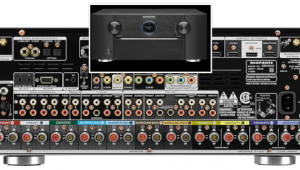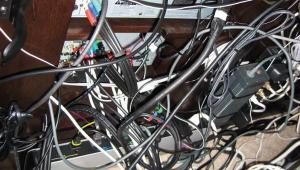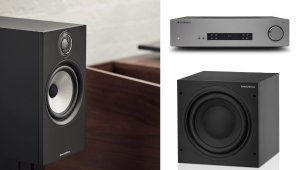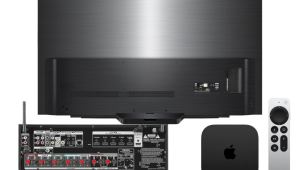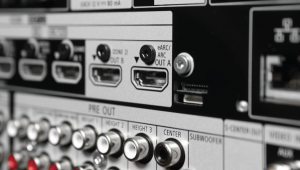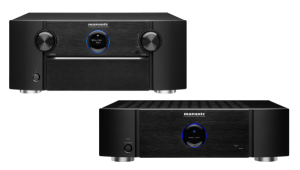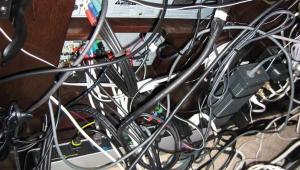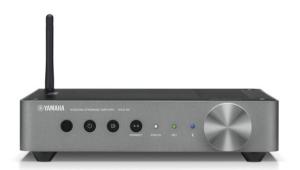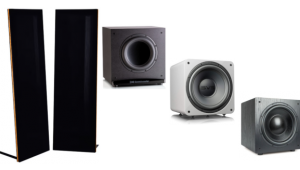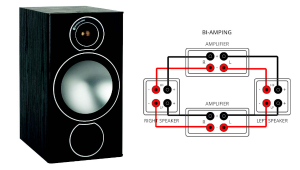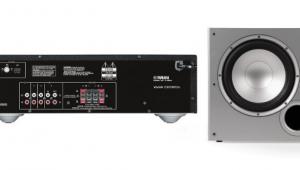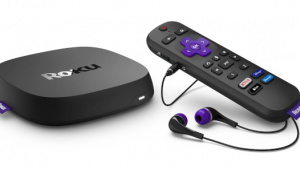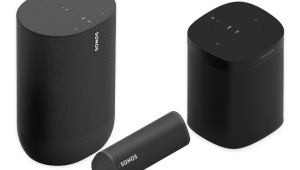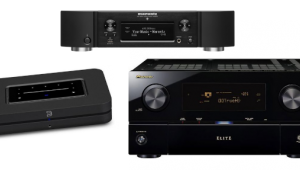How Important Is a TV’s Video Processing?

Q How important is a TV’s video processing? Sound & Vision’s recent review of the Vizio P65ui-B2 UHDTV gave it a poor rating for that category. My Oppo Blu-ray player has excellent video processing. Can a disc player’s video processing overcome a TV’s shortcomings in that area? —David Hall
A For the most part, no. Disc players with high-quality video processing such as your Oppo can be relied on to provide artifact-free deinterlacing and upscaling of standard definition DVDs, along with 1080i-format video on Blu-ray. The better players also usually provide high-quality noise reduction and detail enhancement.
No matter how good a disc player’s video processing, however, picture quality is ultimately dependent on the capabilities of the display that it’s attached to. In the case of the Vizio P65ui-B2 that I tested, artifacts such as edge enhancement and noise were an inescapable reality, even though I was using an Oppo BDP-105 player and letting it perform the 4K video upscaling instead of leaving that task to the TV. The issue was that the set added its own layer of processing (noise reduction, detail enhancement, etc.) even when fed a 4K-resolution video source.
The good news here is that most TVs Sound & Vision tests provide good-quality video processing—deinterlacing, scaling, noise reduction, etc. The P65ui-B2 was something of an outlyer in this regard. More good news: Vizio issued a firmware update shortly after the review posted that minimizes some of the P65ui-B2’s issues, though not all of them.
